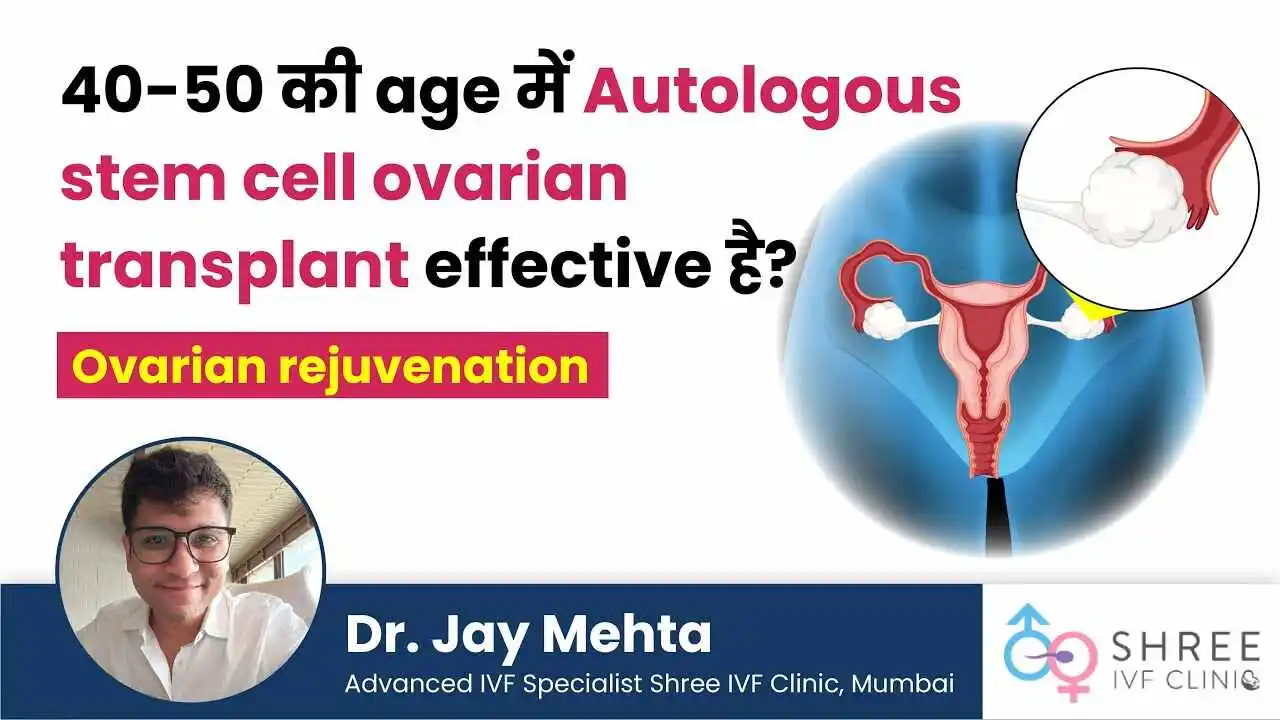Is IVF a Painful Process?
UPDATED ON 10 JAN. 2022
AUTHOR

Dr Jay Mehta
Scientific Director & IVF Specialist with 10+ years of experience
TREATMENT
GET IN TOUCH ON
One of the most common and well-known reproductive procedures is in vitro fertilisation, or IVF. First, women are given fertility medicines to induce the production of additional eggs, then the eggs are removed, and the healthy embryos that have grown are implanted into the uterus.
Many ladies worry if the IVF procedure is uncomfortable at any point. Furthermore, during the various stages of IVF, some women endure cramping and stomach discomfort.
Continue reading for more information about IVF and pain.
Is IVF Painful?
The IVF procedure affects each patient differently, and what is unpleasant to one patient may not be unpleasant to another. Some aspects of the procedure, like injections or egg retrieval, may be painful, but you should never be in excruciating agony. Severe discomfort can indicate a problem, but it’s essential to note that in vitro fertilization (IVF) complications are uncommon and can typically be managed successfully.
Although self-injection of fertility medicines can be difficult, most individuals consider it inconvenient instead of painful. Although the needles used for self-injection are tiny, having a spouse or friend assist you with the injections might be beneficial and comfortable if you are afraid of needles.
Ovarian Stimulation Injections
The initial step in the IVF procedure is ovarian stimulation. Then, during a cycle, patients are given self-injectable drugs that encourage their ovaries to develop eggs.
Bloating and other medical complications are sometimes experienced by women because of the hormone fluctuations generated by the injections, but these adverse effects are rarely severe or painful. Potential side effects are breast soreness, mood changes, fluid retention and bloating, migraines, and sleeplessness.
An infertility specialist will examine you with ultrasounds and blood tests to see when ovulation should be stimulated while you’re on the drug.
Ovulation Induction: The Trigger Shot
Your physician will prescribe you another medicine to promote ovulation and release the eggs after determining that your ovaries have appropriately developed the eggs. Human Chorionic Gonadotropin (HCG), a hormone that aids in the maturation of the eggs before ovulation, is commonly included in this trigger shot. The injection is usually administered 36 hours before the egg retrieval.
Side effects from the trigger shot are possible; however, most patients feel transient discomfort at the injection site.
How painful are IVF injections?
The patients need to remember that IVF injections are painless, and their dosage is not too high these days. Along with this, there are other options available such as vaginal gel, vaginal capsule, vaginal tablet, due to which the patient does not even need injections. Patients who are not comfortable with this are given the option of injections. In only a few cases, injections have to be taken.
First, there is pain in oil-based injections because they have to be given inside a lot, but there is minor pain because they are water-based.
Further, during the Covid pandemic, minimum injections were given to the patients to avoid exposure, which ultimately aided in switching to vaginal progesterone.
Related Post
How many injections for IVF treatment?
During IVF, 90% of the patients have to do the short protocol. For this, it takes 15-20 injections, but they remain subcutaneous injections that are given under the skin, and its needle is a very small and long protocol that is a bit old in it. So it takes 25-30 injections.
What are Subcutaneous Injections?
A subcutaneous injection is a technique for administering medicine. Subcutaneous is a term that refers to the skin.
A medicine is injected with a short needle into the tissue layer between the skin and the muscle in this sort of injection. Medication provided by this method is frequently soaked up more quickly than medication given through vein injection, sometimes over 24 hours.
When other delivery routes are ineffective, this form of injection is employed. Certain drugs cannot be taken via mouth as they could be easily destroyed by stomach enzymes and acid.

4,790+
379K+
” Every individual and couple’s journey is unique, and
finding the right solutions tailored to their specific
circumstances can make all the difference “
Related Post
Do we need to visit the clinic for IVF injections?
Like many patients from different parts of the world, the doctors can’t call them to the clinic. Besides, the injections that are available nowadays are easy to take. Hence, there is no need to visit the fertility clinic for IVF injections. Instead, one can take the injections at home.
Conclusion
Pain is always possible when you have a medical procedure done on you. In this way, IVF is no different. You should expect to feel some pain and discomfort during the procedure. It will also help you better control any unpleasant feelings you may have. Book your consultation with our experts if you consider any reproductive therapy, such as IVF.
AUTHOR
Dr Jay Mehta
Scientific Director & IVF Specialist with 10+ years of experience
TREATMENT
CALL US 24/7 FOR ANY HELP
GET IN TOUCH ON
Share Article on
Recommended Reading
Best Sex Position to Get Pregnant Naturally
Best positions to get pregnant—try missionary or using pillows under your hips. Small changes can boost your chances of conceiving
Importance of the Fallopian Tubes in Fertility
Blocked fallopian tubes can prevent natural pregnancy. Understand their role and explore solutions for boosting your fertility
Ovarian Stem Cell Transplant (Age 40-50): Does It Work?
Stem cell ovarian transplant may help restore fertility and hormone levels in women 40-50, but its effectiveness remains under clinical research




